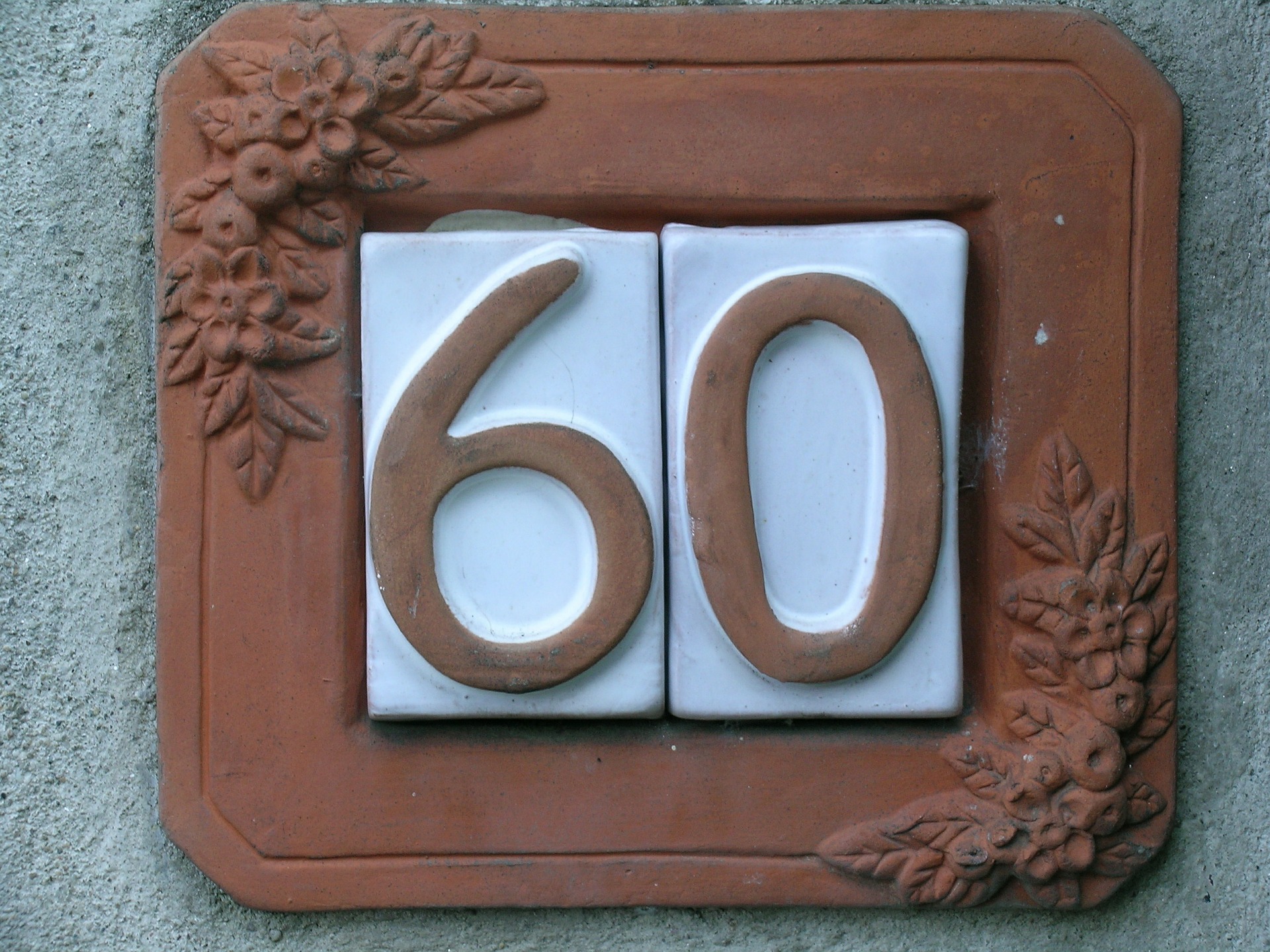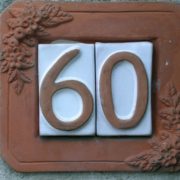OK, You Hit 60 – Are You Now “Elderly?” Or “Middle-aged?” Does it Matter?

Image by Stefano Ferrario from Pixabay
I remember 60 well.
It’s when I proactively stumbled out of corporate life after 35 years and into my own business, wrongly assuming that I was equipped with even a modicum of what it takes to succeed in the entrepreneurial world.
I certainly didn’t consider myself “elderly” at that point. Still don’t today, 6 months short of entering my ninth decade.
We seem to struggle with where to put ourselves these days since many of us have been granted a “longevity bonus” of 20, 30, 40 years.
I’ll opt for “modern elder”
I’ve written before about the “modern elder” moniker conceived by entrepreneur Chip Conley, author of “Wisdom at Work : The Making of a Modern Elder”. It fits well and I can carry it to my ridiculous goal of reaching 112 1/2.
It’s really just about the mindset and ignoring the pejorative monikers our youth culture and government prefer to slap on us.
Yeah, my cohort thinks I’m nuts and in denial. It seems, if one is beholden to stats and data, I’m both.
I can roll with it.
On the other hand, based on how long we know the human body can last (122 years, 164 days, the record set by Mme. Jeanne Calment of Paris when she gave it up in 1997) I’m closer to middle-age.
I can roll with that, too.
You’ve been “portaled.”
We’ve had a need to put ourselves in categories, especially relative to age, for, like, forever. We can thank the American Psychological Association (APA) and corporate marketers for much of that. For instance, until G. Stanley Hall, President of the APA, came up with the concept of adolescence in 1904, we fundamentally just had two age categories – child and adult.
Look where we’ve come today with this drive to drop people into age groupings (each category feeding a market for psychologists and marketers).
Dr. Mario Martinez, neuropsychologist, identified seven age-based “portals: newborn, infancy, childhood, adolescence, young adult, middle age, and old age.
Peter Laslett, the eminent British demographic historian, came up with a much simpler and appropriate four-portal alignment:
- First age – childhood/age of dependence.
- Second age – adulthood and mid-career jobs.
- Third age – the new territory between the end of mid-career jobs and parenting duties and the beginning of dependent old age.
- Fourth age – age of dependency and ill health, the doorstep of demise.
I like Laslett’s formula.
I’m in the third age. My projected date for the beginning of my fourth age is 112 and change with my ill health and dependency period being two weeks or less. Actually, my plan is to wrap it all up in much less than two weeks by going face down in a Colorado trout stream still trying to prove that I am smarter than an animal with a brain the size of a pea.
Frankly, it doesn’t matter to me whether someone considers me old or elderly. The only measurement that matters is my own. I’ve grown immune to the rampant ageist comments that persist realizing they come from a chronological perspective and one that is naive to the demographic and attitudinal changes that are taking place.
I know, and you know, sixty-year-olds that are truly old – physically, mentally, attitudinally – well past any semblance of a mid-point on all fronts. Conversely, you can easily find 80-year-olds that will hold their own with 50-year olds in the same categories.
I have grown accustomed to the reactions that come from people when I reveal my true age. It nearly always has a touch of amazement that I look and act the way I do.
I don’t say that with any arrogance because I quickly remind people that what they are observing is no accident. I work at it – and have for decades. I learned long ago that my biology will pay me back with more youthful looks and higher energy if I simply listen to it, understand what it needs at the cellular level, and practice the quite-simple things that it takes to honor my good health birthright and let it reward me in kind.
I say all that knowing that it all starts with attitude and that if I choose to begin to adopt a shitty attitude and drop the disciplines that support my biology, I can easily earn a pejorative age-based tag.
Tags are in!
If I have to have an age-based moniker, then call me a modern elder in my third age. They fit nicely together and don’t have to have a number on them.
I picked a crazy endpoint at 112 1/2 because at age 75 I decided I wanted to have a third of my life left to get some things done that I didn’t get done in the first two-thirds. It’s really a desire to roll all my screw-ups, zig-zags, life traumas, successes, victories into this thing called “wisdom” and spread it around a bit.
Look, I know I’m falling short – but I’m working on it!
The mission.
It has become my “third-age mission”, to change people’s attitudes toward aging, to be a longevity guide, to raise awareness that getting old is inevitable but how we get old isn’t. And, above all, to do as Gandhi said: “Be the change you want to see in the world.”
Haven’t we all learned that people will listen more to what you are than to what you say?
So I feel and think of myself as sort of middle-age, in this now extended period we are calling the “third age” that so many others are also in. I, along with millions of other “boomers”, “pre-boomers” and “early GenXers” can decide to turn this period of post-career period of a 20–40-year longevity bonus into the most impactful, purposeful, productive period of life and make an unimaginable difference.
But we first have to dump the age categories and the self-inflicted ageism that comes with it, adopt an attitude that says “I ain’t done yet” and, no, I don’t have a “use-by stamp” anywhere on me, and move forward intending to continue to kick-ass in a culture in dire need of the collective wisdom we third-ager modern elders represent.
Let’s recalibrate!
We have to continue to redefine or eliminate some old, bad ideas, the most obvious one being traditional self-indulgent leisure-based retirement. Retirement, as we’ve defined it and have had it drilled into us for 5–6 decades, is a trojan horse that moves us away from the way our biology functions optimally and away from one of the key components of longevity – meaningful work.
Every study of centenarians has shown that work and purpose remained a key part of their lifestyles very late into their lives.
Other old, bad ideas are the belief that senescence is automatic and unalterable, that our brains will shrink and move inexorably toward slowness and/or dementia. Or that our longevity is driven by our genetics. Or that a period of extended frailty is a given late in life.
None are true unless we allow them to happen. We have the knowledge to know that our lifestyle choices determine much more of this than we knew just 20 years ago.
We have an obligation to honor what Dr. Mario Martinez termed our “birthright of good health.” We are born with it and have become very good at dishonoring it with our lifestyles and clinging to old, archaic myths and messages.
So, I’m borrowing Chip Conley’s “modern elder” tag for myself since I know I will need to continue to address the naive and ageist questions that will be thrown at me as I continue my iconoclastic journey.
It’s a tall order being a “modern elder” as defined by Conley:
- Good judgment
- Unvarnished insight
- Emotional intelligence
- Holistic thinking
- Stewardship
I’ve got a LONG way to go to earn that moniker. But it’s a great target that has a healthier, longer, more meaningful life written all over it.
I’m working on it!
Does it matter?
Nope – it’s a number. You aren’t defined by it, regardless of how our youth-obsessed culture and government view it.
You are your attitude.
Do attitudes age?
Yep – if allowed.
Once past 60, I suggest a daily attitude check. Remind yourself that you’re not done yet but, in fact, just starting the most gratifying period of your life.
Think about adopting the modern elder tag and criteria.
You’ve got it. We need it.
Remind yourself that you have kick-ass potential rooted in natural talents, acquired skills and experiences, and decades of accumulated wisdom that would be a terrible thing to waste at the beach, on the golf course, in the La-Z-boy.
Let’s be the change we want to see – need to see!





Excellent,no retirement till the death.
I love your positive outlook. At 75, I feel healthier and more productive than I did at 60. I am exasperated by being limited by words like elderly or “Boomer”, as if we were all the same. I may not live to. 112.5, but it’s a good target to shoot for.
I’ve got a lot to accomplish until then
Another insightful essay by Gary I as an educator I want to keep my brain mentally fit for the many years ahead of sharing my experience as an in-person and online educator and helping people see the new ways we can learn radically different today than when I was in elementary school. Like Gary said I will do everything I can to stay physically and mentally fit monitoring my food intake making sure I eat more fruits and vegetables and drinking water so I can live the fullest life with purpose.
Hi Gary; thanks again for the wonderful sessions that you lead with our group. I agree wholeheartedly that age is a number and your health, both mental and physical is more affected by your attitude and approach than that number. Being vital, in so many different ways, requires persistence, purpose and will, something a lot of people let go as they age, and for no reason other than they don’t know any different. I look forward to learning from your content as we go forward. All the best!